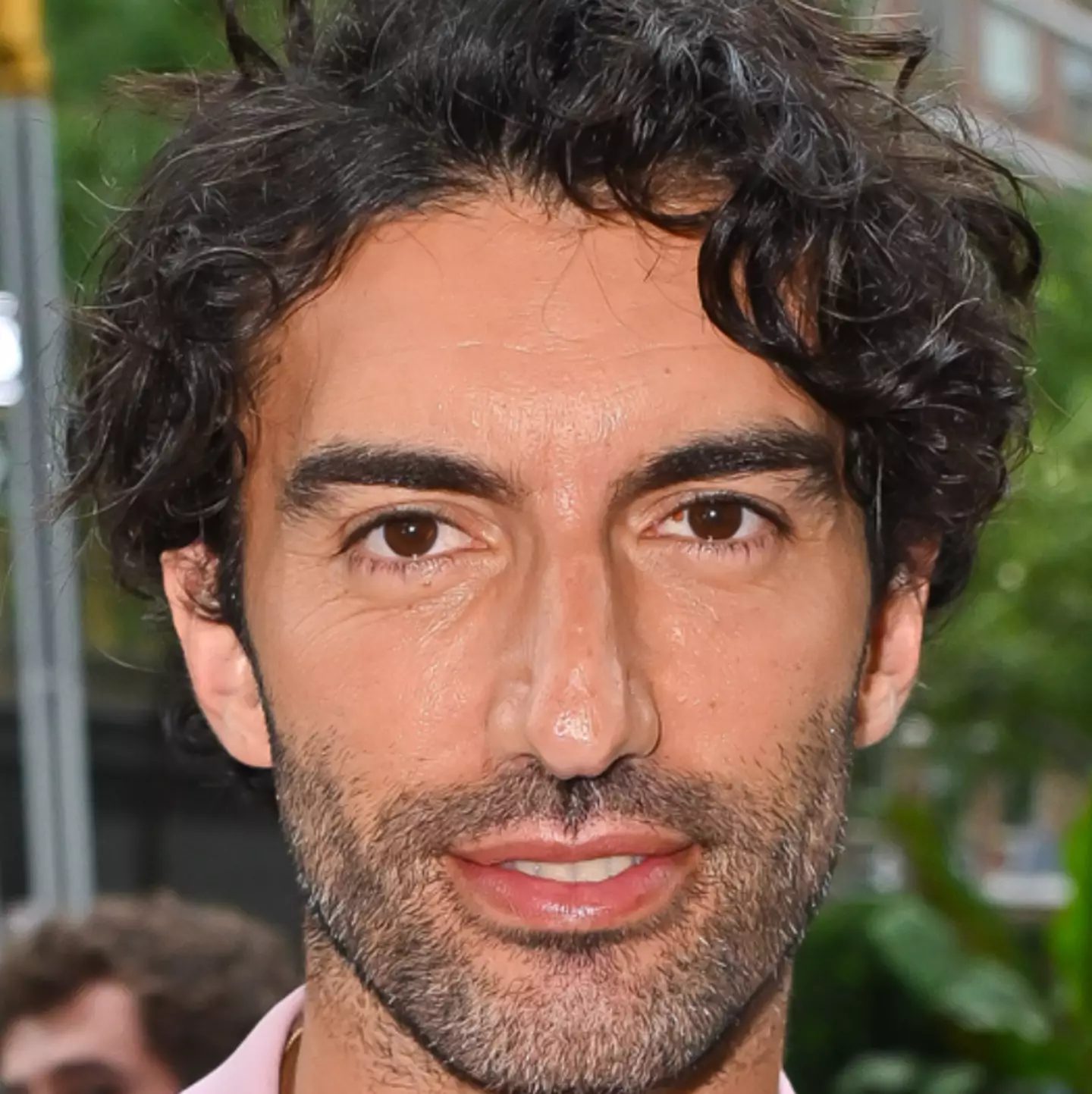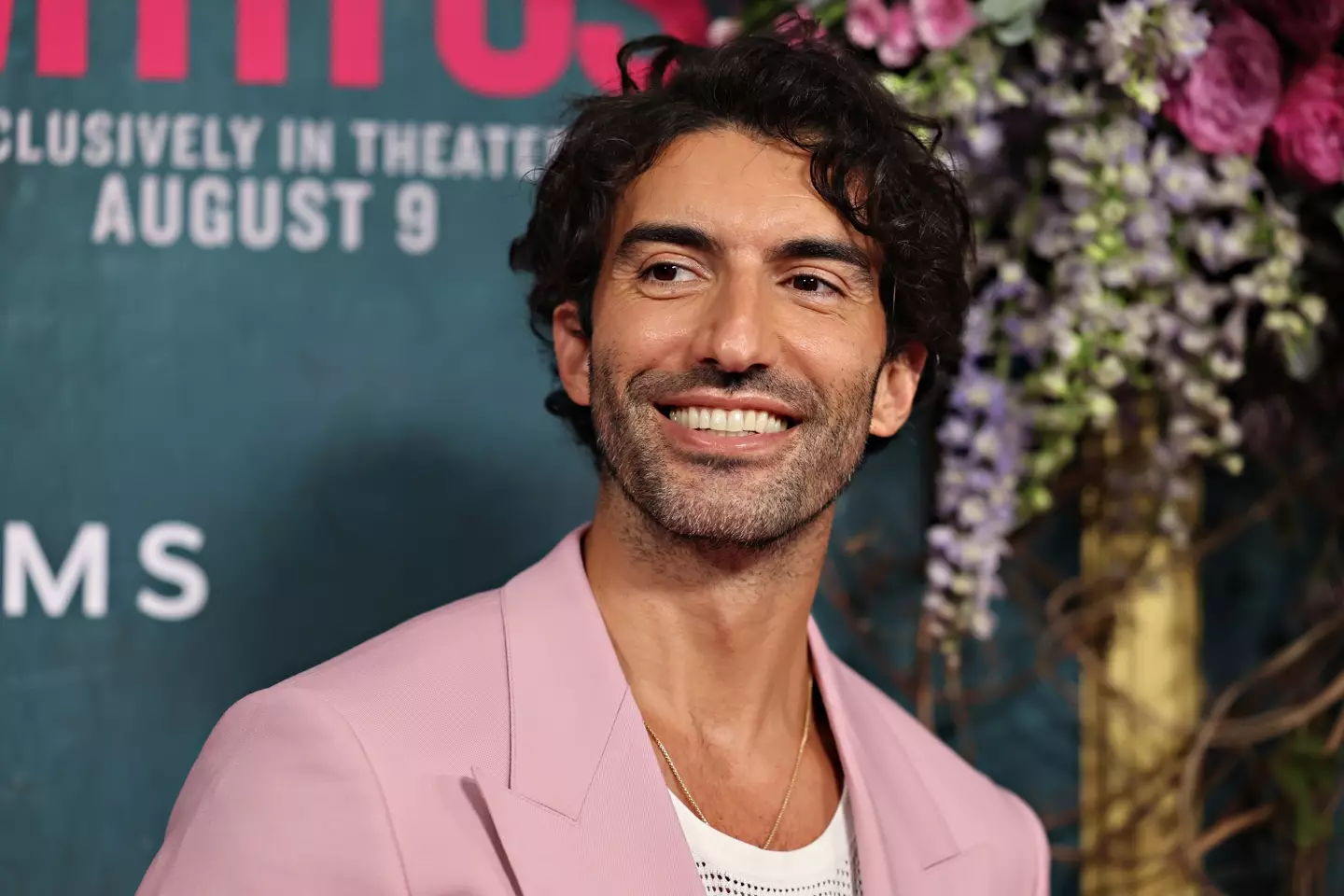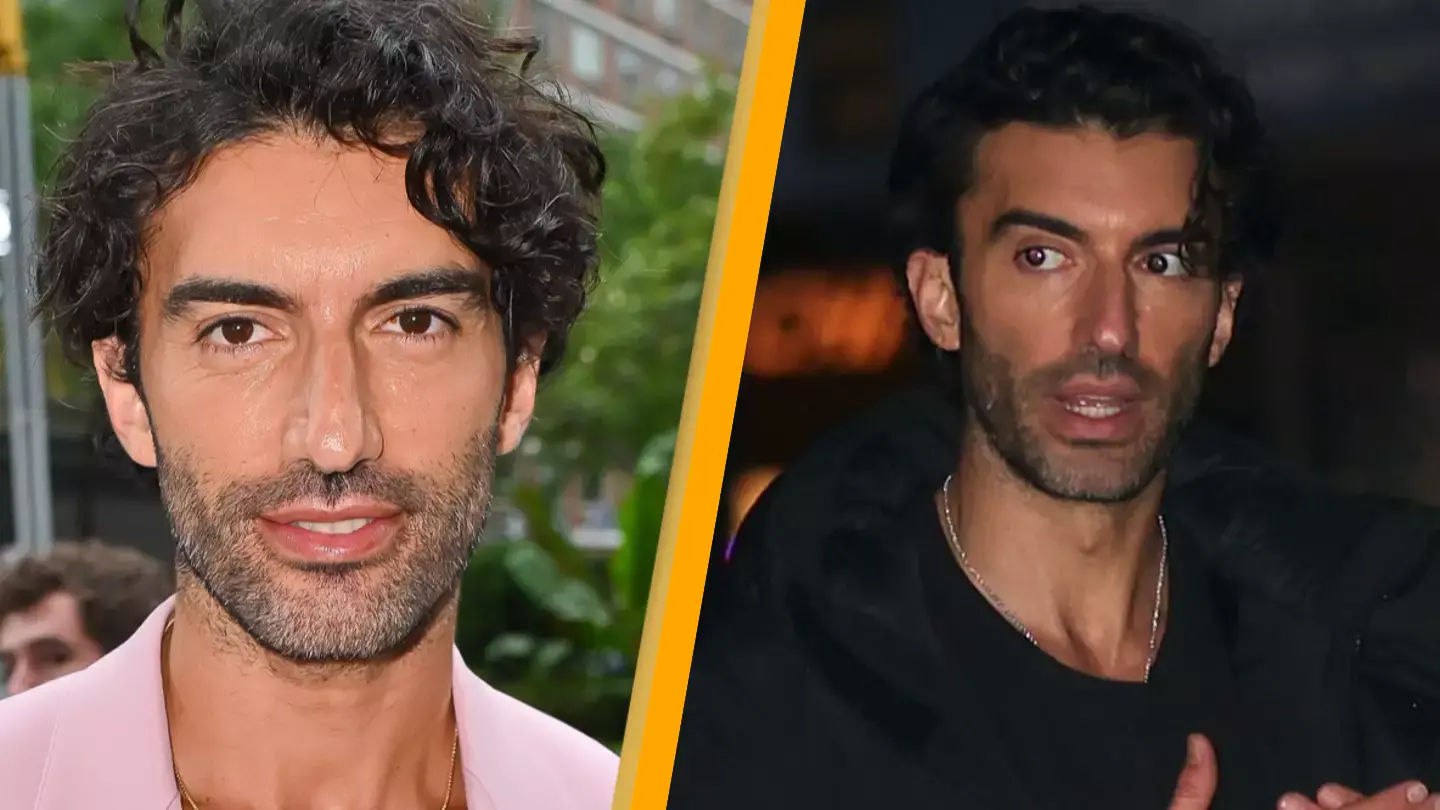Justin Baldoni, an actor known for his role in “It Ends With Us,” has initiated a $250 million lawsuit against The New York Times following a piece they released about his interactions with fellow actor Blake Lively.
This legal action follows Lively’s own lawsuit against Baldoni filed on December 20, accusing him of organizing a ‘smear campaign’ against her and allegedly subjecting her to ‘severe emotional distress’ during the production of their 2024 film, a romance-drama.
In her lawsuit, Lively also charged Baldoni with sexual harassment, accusations which Baldoni has categorically denied.

Now, Baldoni is one of ten individuals involved in a new $250 million lawsuit filed on New Year’s Eve in Los Angeles Superior Court.
The lawsuit accuses The New York Times of libel, invasion of privacy through false light, promissory fraud, and breach of an implied-in-fact contract related to its December 21 article titled “‘We Can Bury Anyone’: Inside a Hollywood Smear Machine.”
This article included allegations against Baldoni, suggesting he ‘repeatedly entered [Lively’s] makeup trailer uninvited while she was undressed, including when she was breastfeeding’.
The allegation stemmed from text messages exchanged in June 2023 between Lively and Baldoni where Lively said, “I’m just pumping in my trailer if you wanna work out our lines.”
Baldoni replied: “Copy. Eating with crew and will head that way.”
The lawsuit claims The New York Times selected communications to present them out of context, aiming to mislead the public.

The lawsuit further argues, “The Times story relied almost entirely on Lively’s unverified and self-serving narrative, lifting it nearly verbatim while disregarding an abundance of evidence that contradicted her claims and exposed her true motives,” asserting that Lively undertook a ‘strategic and manipulative’ smear campaign by leveraging false sexual harassment allegations to gain control over the production.
Furthermore, the lawsuit disputes Lively’s claims of making specific demands of Baldoni on set, stating: “No such document was ever presented to Baldoni, the [production company] Wayfarer team, or, to their knowledge, anyone else – whether during that meeting or at any other time – and therefore, could not have been agreed to.”
Attorney Bryan Freedman, representing the plaintiffs, told Variety that The New York Times ‘succumbed to the desires of two powerful ‘untouchable’ Hollywood elites, ignoring journalistic practices and ethics previously in line with the esteemed publication by using altered and manipulated texts and selectively omitting texts that counter their preferred PR narrative’.

In defense of the lawsuit, The New York Times stated: “The role of an independent news organization is to follow the facts where they lead. Our story was meticulously and responsibly reported. It was based on a review of thousands of pages of original documents, including the text messages and emails that we quote accurately and at length in the article.
“To date, Wayfarer Studios, Mr. Baldoni, the other subjects of the article and their representatives have not pointed to a single error. We published their full statement in response to the allegations in the article as well. We plan to vigorously defend against the lawsuit.”
Beyond her initial lawsuit, Lively’s legal team has now lodged a federal complaint against Baldoni and Wayfarer Studios, claiming the defendants ‘have violated federal and California state law by retaliating against her for reporting sexual harassment and workplace safety concerns’.
“Now, the defendants will answer for their conduct in federal court,” Lively’s legal team stated.

